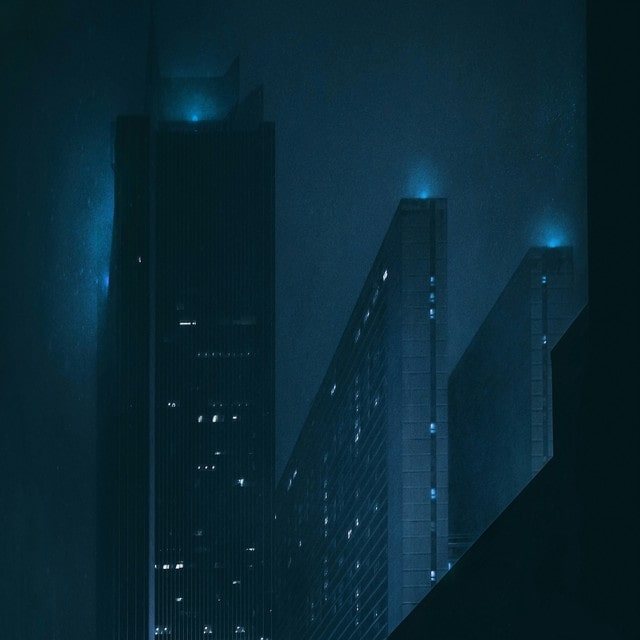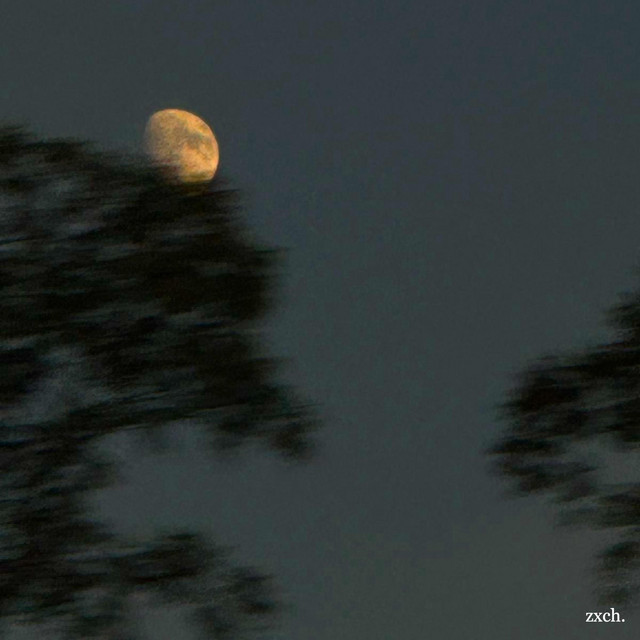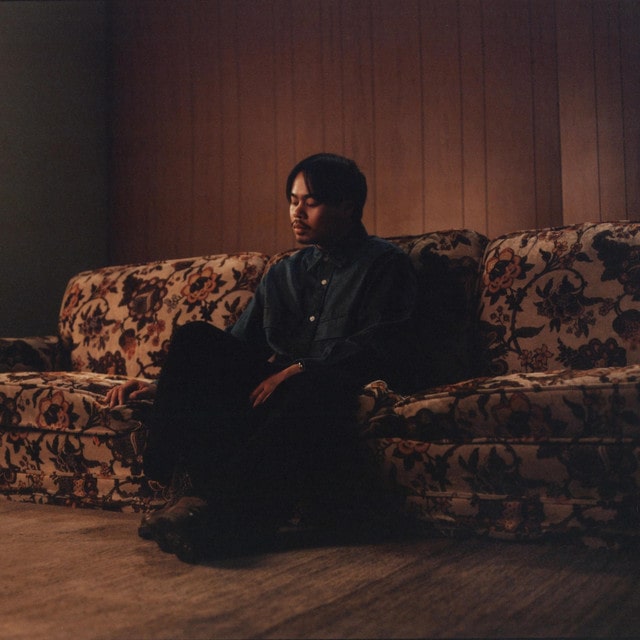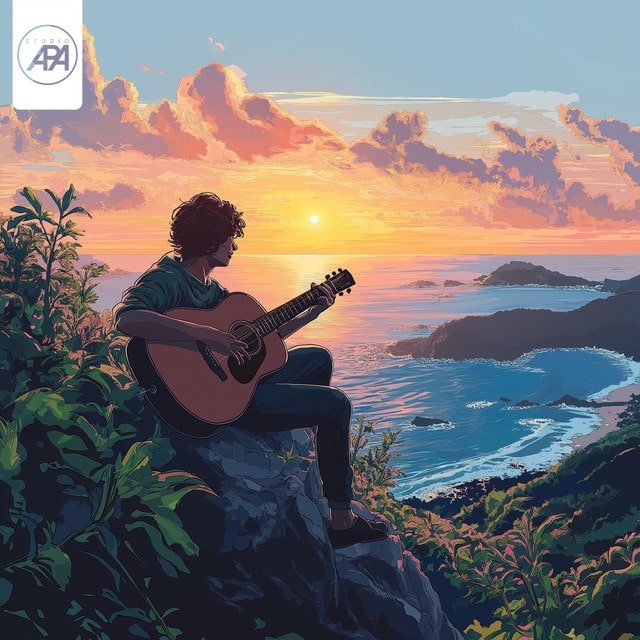I’m listening to Late Light by Elad Sikel, and the first thing I feel is the cold. Not the kind that bites your skin, but something deeper — a chill that seeps into your mind and heart. The melody leads me through the dark streets of an imagined city: a crowd of people rushing, never looking at each other, screens glowing, cars humming, indifference woven into the air. The synths sound almost mechanical, and the beat feels like the footsteps of robots trying, in vain, to find the rhythm of human emotion. The future here is both mesmerizing and suffocating.
And then, after the first minute, the piano appears. Fragile, tender, like a sip of warmth on a freezing day. It slices through the darkness like a sunbeam forcing its way through thick clouds. These notes seem to whisper that even in the gloomiest city, there are pockets of light where peace can be found, even if only for a moment. I picture a small café, its glow spilling onto wet cobblestones, the smell of fresh coffee, and the quiet smile of the barista who greets you as if you’re the only soul in the world.
The music makes me see this contrast: the dim, cold city and the subtle glimmers of humanity. Darkness here isn’t absolute, and the chill isn’t hopeless. It’s just the backdrop against which something fragile yet profoundly alive shines through.
When the track ends, a strange feeling lingers — as if I’ve walked through the night and found a tiny star glowing only for me. And in that moment, you realize: even in a world that feels cold and indifferent, warmth exists. And it’s real.






